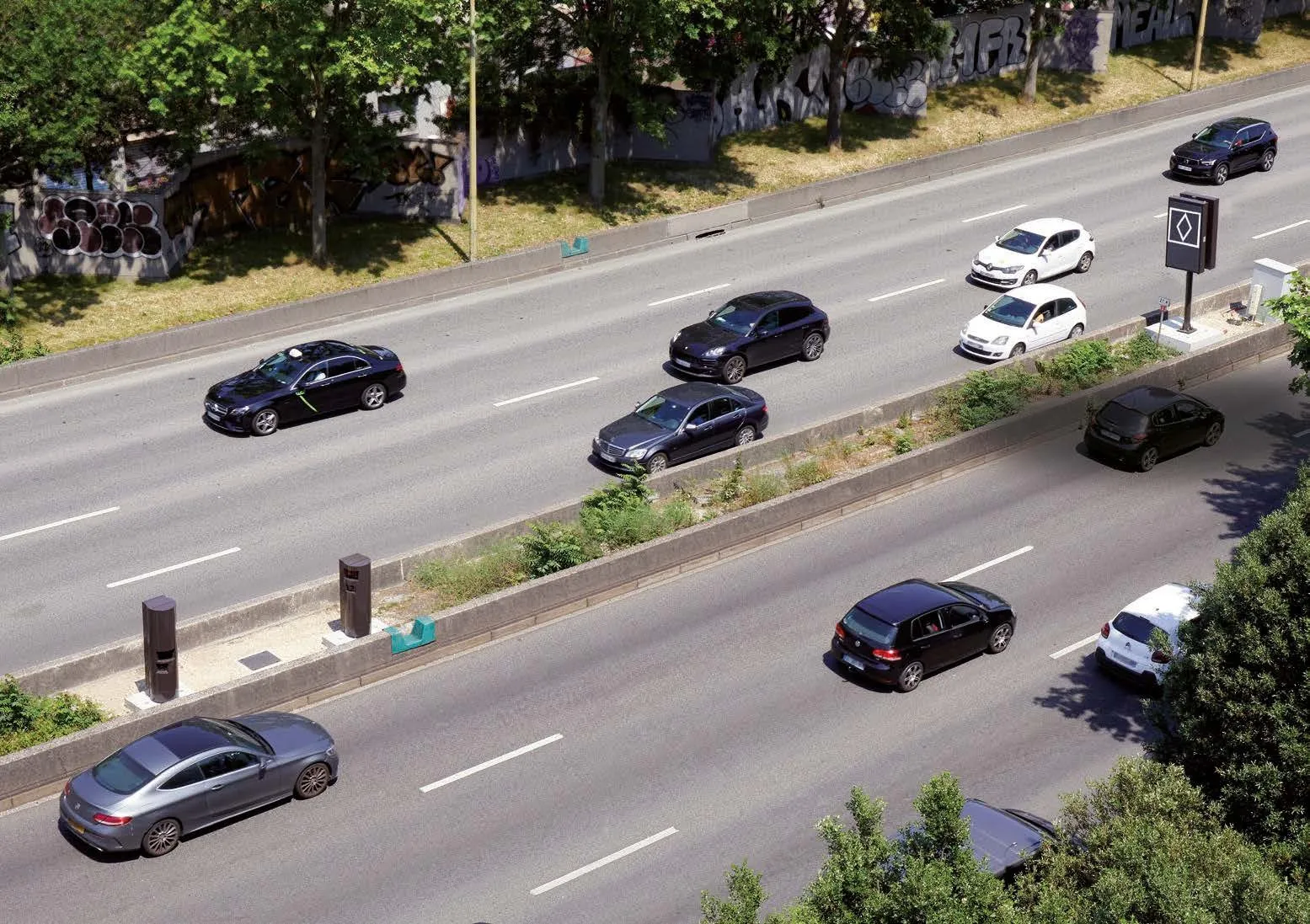The Navya shuttle is being trialled by transport group Keolis to showcase how autonomous vehicles could transform integrated public transport and offers people a chance to experience this innovative technology for themselves.
The shuttles use state-of-the-art sensors, cameras, odometry and GPS mapping to navigate a programmed route and detect obstacles in its path, all without a driver. The trial will demonstrate how this technology can be used to provide an innovative, smart and sustainable solution for 'first and last mile' journeys that complement other forms of public transport.
Running until 30th September, shuttles will travel on a loop around the Park, serving four stops and taking around 12 minutes per trip.
While the shuttle can accommodate 15 passengers and travel at up to 28mph, for the purposes of this trial, the vehicle speed will be limited to take into account on-site regulations. Although the vehicle is designed to operate without on-board personnel, an operator will be on board to answer questions.
Londoners invited to trial autonomous shuttle
A partnership between Keolis, Navya, Queen Elizabeth Olympic Park, ENGIE, Here East and Our Parklife is offering Londoners the opportunity to trial a new autonomous electric shuttle, open to the public in Queen Elizabeth Olympic Park during September.
The Navya shuttle is being trialled by transport group Keolis to showcase how autonomous vehicles could transform integrated public transport and offers people a chance to experience this innovative technology for themselves.
September 13, 2017
Read time: 2 mins
A partnership between Keolis, Navya, Queen Elizabeth Olympic Park, ENGIE, Here East and Our Parklife is offering Londoners the opportunity to trial a new autonomous electric shuttle, open to the public in Queen Elizabeth Olympic Park during September.









